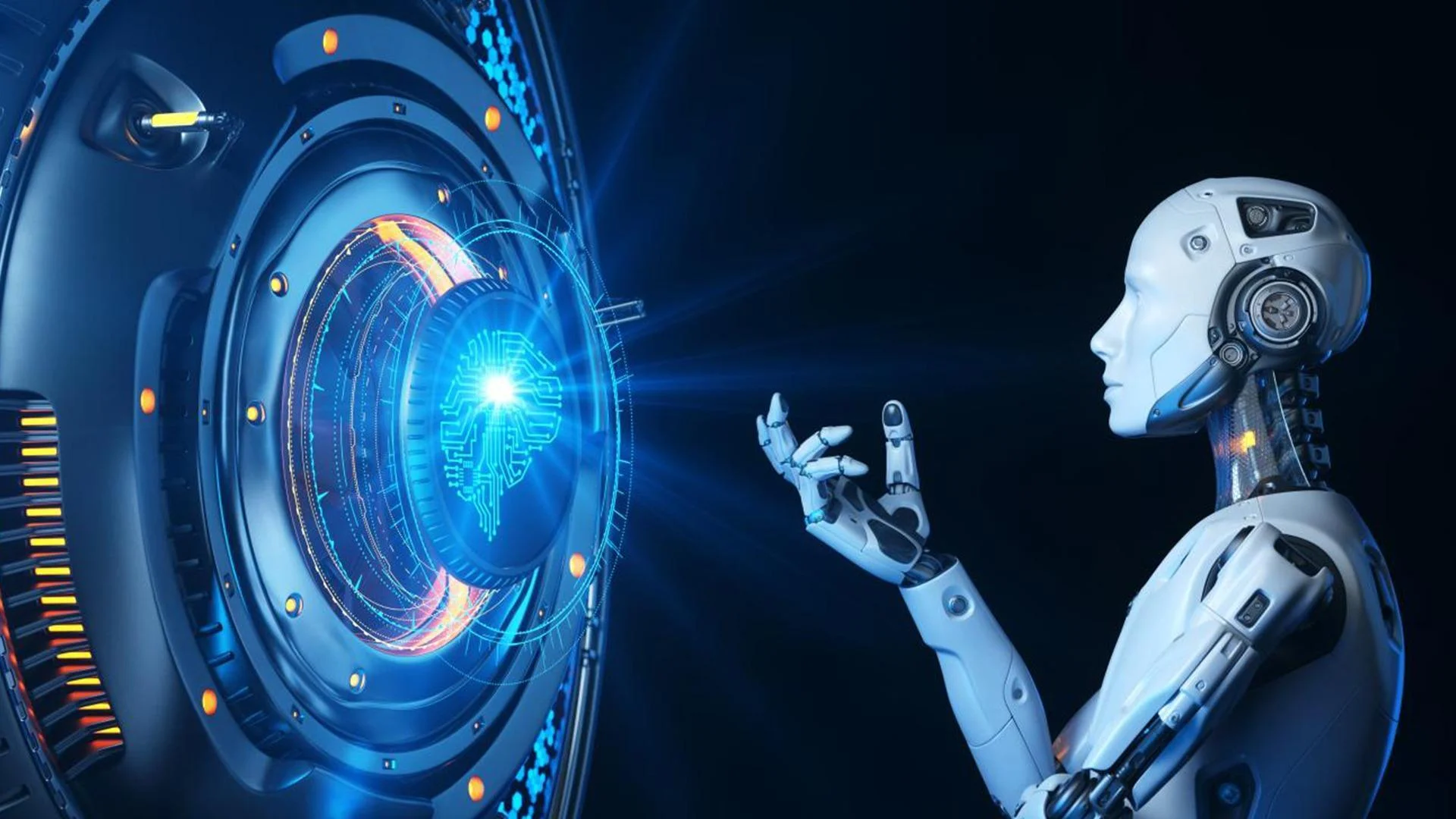
The Future of AI in Business: Trends and Predictions
Artificial Intelligence (AI) has rapidly evolved from a concept of science fiction to a pivotal force driving innovation across various industries. In the realm of business, AI is transforming the way companies operate, make decisions, and engage with customers. As we look ahead, several trends and predictions are shaping the future of AI in business.
AI-Powered Automation
One of the most prominent trends in the future of AI in business is the continued growth of automation. AI-driven systems are becoming increasingly sophisticated, allowing organizations to automate routine tasks and streamline complex processes. This not only enhances efficiency but also frees up human resources to focus on more creative and strategic aspects of their work. From customer service chatbots to advanced robotic process automation (RPA), businesses are integrating AI to automate repetitive tasks and achieve higher productivity.
Advanced Data Analytics
AI’s ability to analyze vast amounts of data is reshaping how businesses make decisions. Predictive analytics, powered by AI algorithms, enables organizations to forecast trends, identify opportunities, and mitigate risks. In the future, we can expect a surge in AI-driven data analytics tools, providing real-time insights for informed decision-making. This trend will not only improve operational efficiency but will also empower businesses to stay ahead of the competition by making data-driven strategic choices.
Personalized Customer Experiences
The future of AI in business is deeply entwined with delivering personalized customer experiences. AI technologies, such as machine learning algorithms and natural language processing, are enabling businesses to understand customer behavior, preferences, and expectations on a granular level. This allows companies to tailor products, services, and marketing efforts to individual customers, enhancing customer satisfaction and loyalty. Personalized experiences not only drive customer retention but also foster positive brand perception.




AI and Cybersecurity
As businesses become increasingly reliant on digital infrastructure, the need for robust cybersecurity measures grows. AI is playing a pivotal role in enhancing cybersecurity by identifying and responding to threats in real-time. Machine learning algorithms can analyze patterns, detect anomalies, and predict potential security breaches. The integration of AI into cybersecurity strategies will become more prevalent in the future, providing businesses with a proactive defense against evolving cyber threats.
Human-AI Collaboration
Contrary to the fear of AI replacing human jobs, the future will see an increased emphasis on human-AI collaboration. AI technologies will augment human capabilities, enabling workers to focus on tasks that require creativity, critical thinking, and emotional intelligence. The collaboration between humans and AI will lead to a more dynamic and efficient workforce, where humans and machines complement each other’s strengths. This collaborative approach will be vital for innovation and problem-solving in the complex business landscape.
Ethical AI Implementation
As AI becomes more integrated into business processes, the ethical considerations surrounding its use will gain prominence. Companies will need to prioritize ethical AI implementation, ensuring that algorithms are unbiased, transparent, and accountable. Striking a balance between innovation and ethical responsibility will be crucial to building trust with customers and stakeholders. The future of AI in business will require a commitment to ethical practices to navigate the challenges associated with algorithmic decision-making.
AI in Supply Chain Management
Supply chain management is another area where AI is expected to have a transformative impact in the future. AI can optimize logistics, inventory management, and demand forecasting, leading to more efficient and responsive supply chains. Predictive analytics and machine learning algorithms can help businesses anticipate disruptions, reduce costs, and enhance overall supply chain resilience.


